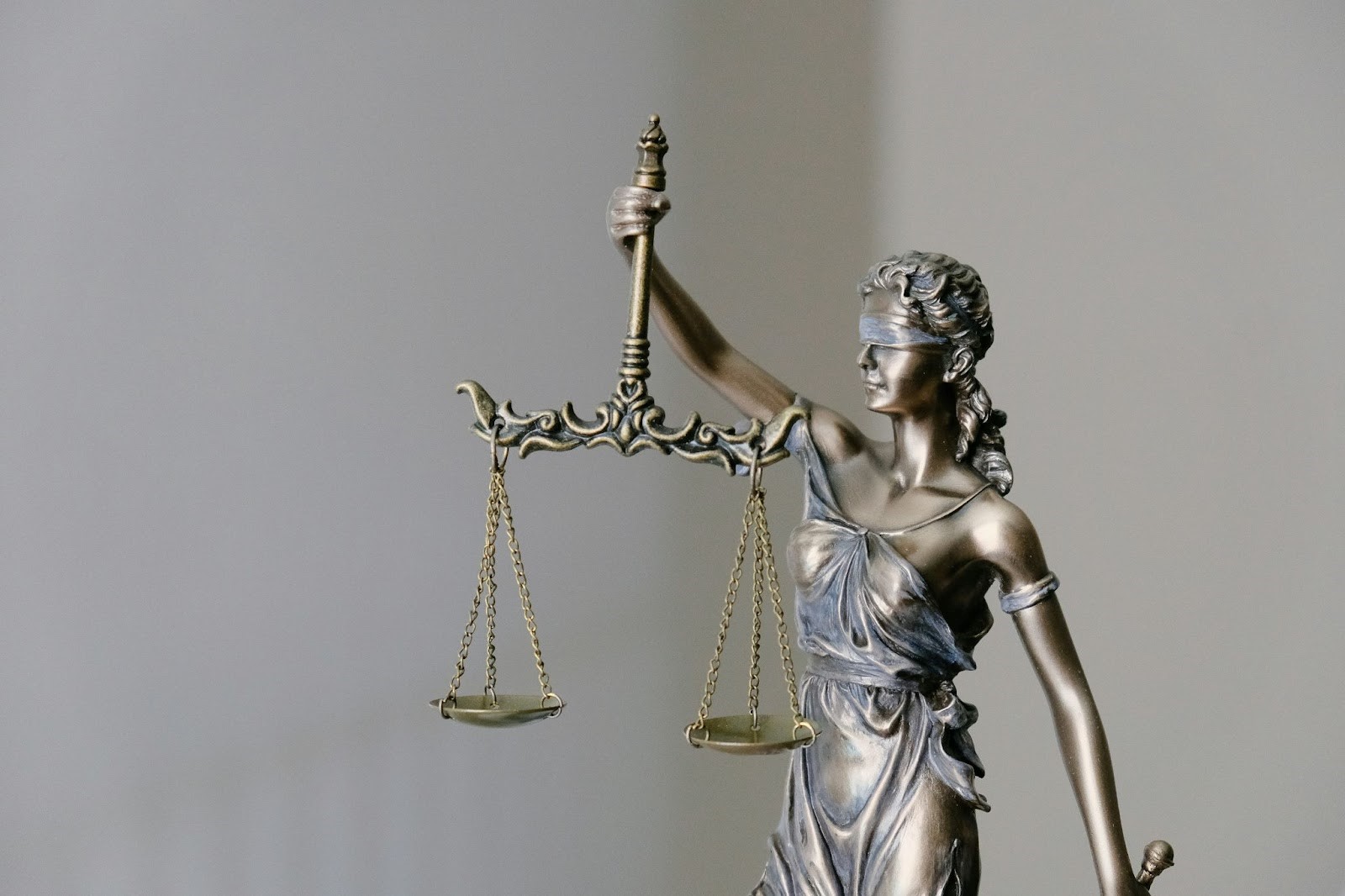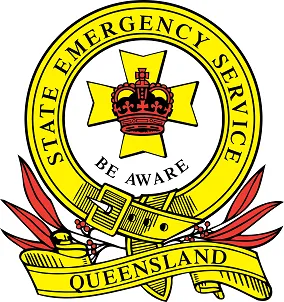Bail is the conditional release of an accused person from custody until their criminal case is concluded. It balances the rights of the accused with community safety concerns. When charged, individuals may apply for a bail application with help from a bail lawyer. Courts evaluate bail applications by considering factors like offence severity, flight risk, and public safety threats. Bail decisions and conditions significantly impact the accused’s ability to defend themselves.
At Rana Lawyers, our team of dedicated criminal lawyers in Brisbane is well-versed in bail matters and committed to protecting the rights and interests of our clients. If you or a loved one is facing criminal charges and requires assistance with a bail application or appeal, do not hesitate to contact us for a confidential consultation.
Bail Eligibility and Considerations
Presumption of Bail
In Australia, there is a presumption in favour of bail for most offences. This means that an accused person should be granted bail unless there are compelling reasons to refuse it. However, this presumption can be reversed in cases involving serious offences, such as murder, treason, or offences punishable by life imprisonment.
For less serious offences, the court must consider whether the accused poses an unacceptable risk of failing to appear, committing further offences, endangering the safety or welfare of the public, or interfering with witnesses or evidence. If the court determines that the risks can be mitigated through the imposition of bail conditions, bail should be granted.
Factors Considered for Bail
When determining whether to grant or refuse bail, courts in Australia consider a range of factors, including:
- The nature and seriousness of the alleged offence
- The strength of the prosecution’s case
- The accused’s criminal history and previous compliance with court orders
- The accused’s community ties and the likelihood of remaining in the jurisdiction
- The potential risk of the accused committing further offences or endangering public safety
- The risk of the accused interfering with witnesses or evidence
- The accused’s personal circumstances, such as employment, family responsibilities, and health concerns
These factors are carefully weighed by the court to assess the risks associated with granting bail and to determine whether those risks can be adequately managed through the imposition of appropriate bail conditions.
The Bail Application Process
Preparing a Bail Application
To initiate the bail process, an accused person or their legal representative must submit a formal bail application to the court. This application typically includes submissions made about the following matters:
- Personal details of the accused
- Details of the alleged offence(s)
- Reasons why bail should be granted
- Proposed bail conditions
- Supporting documentation (e.g., character references, evidence of employment or community ties)
It is highly recommended to engage the services of an experienced bail application lawyer to assist with preparing a strong and compelling bail application. These legal professionals have a deep understanding of the bail process and can effectively present the accused’s case to the court.
Hearings and Conditions
Once a bail application is submitted, the court will schedule a bail hearing. During this hearing, the prosecution and defence will have the opportunity to present their arguments for or against granting bail. If bail is granted, the court will impose a set of conditions that the accused must comply with while released on bail. These conditions are designed to mitigate the risks identified by the court and may include:
- Reporting to a police station or other designated location at specified intervals
- Curfews or restrictions on movement
- Residential requirements or restrictions on where the accused can live
- Non-association orders, prohibiting contact with certain individuals
- Surrender of travel documents
- Financial sureties or bail bonds
The specific conditions imposed will depend on the circumstances of the case and the court’s assessment of the risks involved. Failure to comply with these conditions can result in the revocation of bail and the accused being taken back into custody.
Supreme Court Bail Applications
The Magistrates Court has jurisdiction to deal with bail applications in most matters. However, some matters, such as murder, cannot be heard in the Magistrates Court and a bail application can only be heard in the Supreme Court.
Another reason matters are heard in the Supreme Court is if bail is refused in the Magistrates Court. In that case, it is a fresh application for bail in the Supreme Court.
The accused or their bail lawyer will need to apply for bail to the Supreme Court along with an outline of submissions and any affidavit material that provides grounds for why bail ought to be granted. During the hearing, both the prosecution and defence will have the opportunity to present their arguments. The Supreme Court will review the evidence and consider whether the risks associated with bail can be sufficiently moderated by conditions and, if so, may grant bail.
Application for bail to the Supreme Court can be time-sensitive and very complex. Therefore, it is crucial to seek legal advice from an experienced lawyer as soon as possible to ensure that the appeal is filed correctly and within the required timeframes.
Consequences of Breaching Bail
Being granted bail is a privilege, and failure to comply with the imposed conditions can have severe consequences. If an accused person breaches their bail conditions, the court may revoke their bail, and they may be taken back into custody.
Some common examples of bail breaches include:
- Failing to report to the police or other designated location as required
- Violating curfew or movement restrictions
- Contacting or associating with individuals prohibited by the bail conditions
- Leaving the jurisdiction or attempting to flee
- Committing further offences while on bail
If a bail breach occurs, the police have the authority to arrest the accused without a warrant. The accused may then be brought before the court, where the prosecution can argue for the revocation of bail. In addition to having their bail revoked, individuals who breach their bail conditions may face additional criminal charges, such as failing to comply with a court order or obstructing the course of justice. These charges can result in fines or imprisonment, further compounding the legal consequences. It is crucial for individuals on bail to strictly adhere to all conditions imposed by the court. If there are concerns or difficulties in complying with the conditions, it is advisable to seek legal advice promptly. They can assist in requesting modifications to the bail conditions or guide how to avoid inadvertent breaches.
Are You In Need Of A Bail Application Lawyer?
Bail is a critical component of the Australian criminal justice system, striking a balance between the rights of the accused and the need to maintain public safety and the integrity of the legal process. Understanding the bail process, eligibility criteria, and the potential consequences of breaching bail conditions is essential for anyone facing criminal charges. If you need a bail application lawyer in Brisbane or throughout Australia, contact Rana Lawyers for assistance.
















